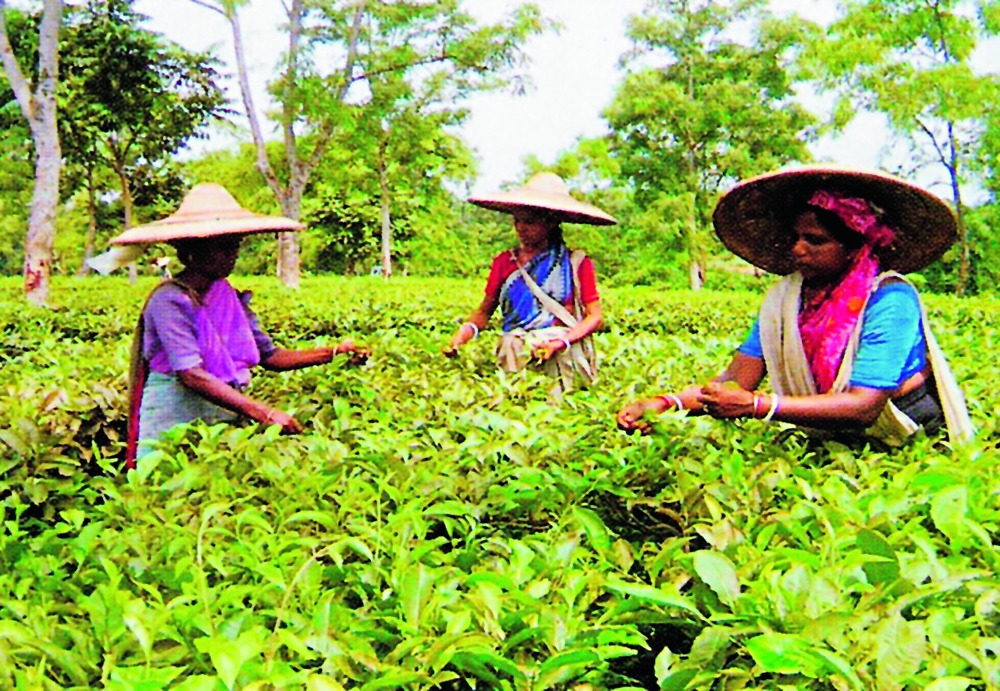
Guwahati, Jan. 4: Scientists from tea research institutions of the country are working on developing a genome map for Indian tea, which will help the industry get new tea clones with high yield and superior quality.
A genome is an organism's complete set of genetic instructions. Each genome contains all the information needed to build that organism and allow it to grow and develop.
A genome map will help understand the exact genetic control of different characters of tea that govern its yield, quality and other attributes. It will help tea scientists develop tea clones/varieties with desirable attributes and, thereby, help the industry to get new tea leaves with high yield and quality.
Genome mapping is used to identify and record the location of genes and the distances between genes on a chromosome. It is a critical step in identifying the genes involved in a genetic disorder.
"Tea, a popular drink in India, is facing challenges in production because of different types of abiotic and biotic stress. Around 40 to 50 per cent crop loss is reported because of this. To combat climate change and reduce the chemical load on tea, development of quality planting materials through biotechnological interference using DNA markers is highly needed for plant breeders," A.K. Barooah, director of Tocklai Tea Research Institute, told The Telegraph.
He said the project would provide a new opportunity to develop a super tea variety with pre-designed traits like excellent quality, high yield, climate resilience and resistance to pests and diseases. The four-year project is being supported by the National Tea Research Foundation (NTRF), Calcutta.
The collaborating institutions are National Research Centre for Plant Biotechnology, ICAR, Tocklai Tea Research Institute, Jorhat Darjeeling Tea Research & Development Centre, Kurseong, UPASI Tea Research Foundation Tea Research Institute, Valparai, and the Institute of Himalayan Bio-resource Technology, Palampur.
The NTRF, set up in 1988, supports innovative research on all aspects of tea, particularly non-conventional approaches.
Selection of plant materials will be done by Tocklai Tea Research Institute.
Tea ( Camellia sinensis) is an economically important global beverage with a world production of 5,305 million kg in 2015 and China and India as the leaders.
In India, the crop is infested by various insect and mite species that cause substantial damage to this foliage crop. Drought is another major constraint for the growth, yield and quality of tea plants.
Climate change is another major factor and is very likely to affect future tea growth and crop management. Variations in tea productivity and quality because of weather have been reported in many studies. A new study has revealed that climate change will make many tea-growing areas in Assam unsuitable by 2050.
Rice is the first crop plant whose genome has been compiled. Experts say tea genome size is bigger than rice and the work will be a tough one.










